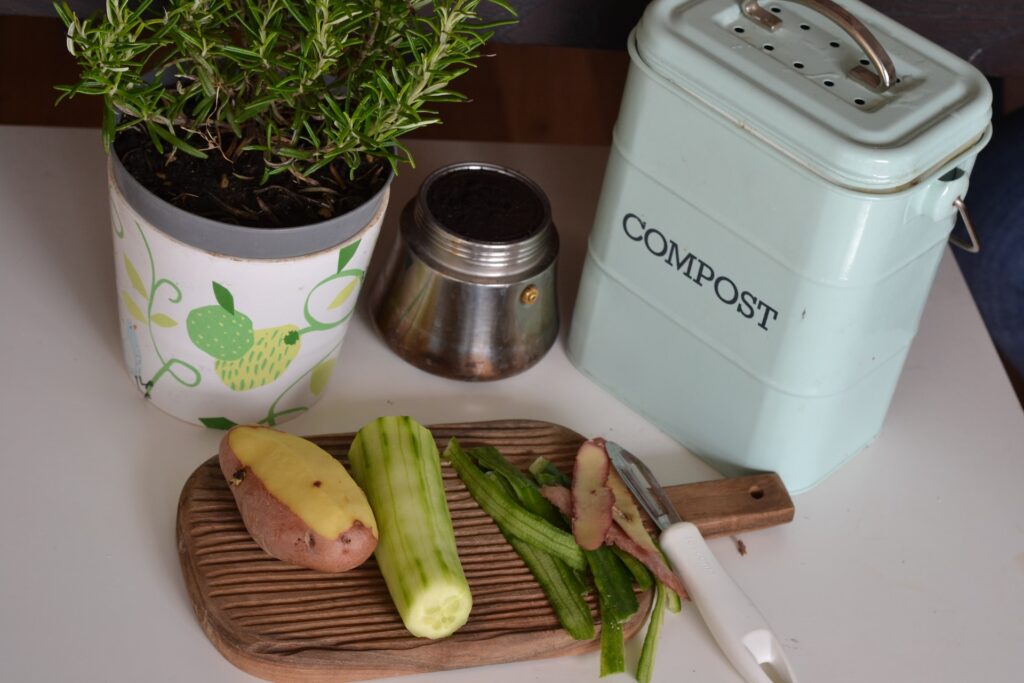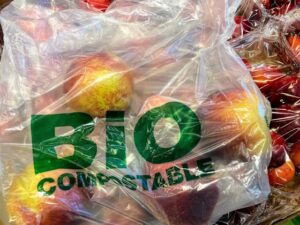Food waste is a prevalent issue that affects households worldwide. In the United States alone, up to 40% of food produced ends up discarded, with most ending up in landfills and contributing to environmental and economic concerns. The good news? Making simple changes in our daily routines can significantly reduce this. Here are seven effective tips to minimize waste in your home.
- Plan your meals and shopping list wisely
Creating a weekly meal plan and shopping list based on your needs can prevent impulse purchases and overbuying. Embracing in-season produce while planning your meals not only supports local farmers but also ensures fresher ingredients and lessened environmental impact due to shorter transport distances. Before heading to the store, outline your meals and take inventory of your pantry and fridge to avoid duplicating items. Stick to your shopping list to avoid spontaneous buys, ensuring you purchase only what you’ll consume. - Embrace smart storage
Utilizing airtight containers, resealable bags, and specialized storage wraps plays a pivotal role in preserving the freshness of various items. These storage solutions are particularly effective for fruits, vegetables, and leftovers, extending their shelf life and reducing the likelihood of premature spoilage. Additionally, comprehending the specific optimal storage conditions – such as humidity levels, temperature requirements, and suitable packaging – for different types of food can make a substantial difference in maintaining their quality and minimizing unnecessary waste in your home. - Love your leftovers
Repurposing leftovers creatively into new dishes offers an opportunity to elevate flavors and mitigate waste. Consider transforming yesterday’s roast chicken into a hearty soup by simmering it with vegetables and aromatic herbs, or repurpose assorted veggies into a colorful and nutritious stir-fry with your choice of seasonings and sauces. Many vegetable scraps, like carrot tops or celery leaves, can also be repurposed into flavorful stocks or added to dishes for enhanced taste. - Understand expiration dates
Educate yourself on expiration date labels so that you can make informed decisions about consumption. Understanding that “sell by,” “use by,” and “best by” dates primarily indicate the quality, not the safety, of the food product empowers you to rely on your senses to assess its freshness. To check for spoilage, you can use smell, sight, and taste – sniff for any unusual odors and look for changes in color or texture. If you’re still uncertain, taste a small amount to determine if the item is still palatable and safe to eat. By trusting your senses, you can confidently determine whether the food remains suitable for consumption, reducing unnecessary waste based solely on date labels. - Freeze for later
If you find yourself with excess perishables, freeze them before they go bad. This method locks in their freshness, allowing you to extend their usability for future meals. To freeze vegetables and fruits, first, wash and dry them thoroughly, then chop or slice as desired before placing them in airtight containers or freezer bags, removing any bubbles of air. For herbs, chop or puree them with a bit of water or oil, then pour the mixture into ice cube trays for easy portioning. You can also ice soups or stews, but should allow them to cool completely before transferring them into labeled containers. For meats, wrap them tightly in freezer-safe packaging or vacuum-sealed bags to maintain their quality. Put these items in the freezer at their peak ripeness or freshness to ensure they retain their flavors and nutritional value. This provides convenient options for meals down the line while significantly reducing the likelihood of spoilage. - Compost kitchen scraps
Starting a compost pile for fruit and vegetable scraps, coffee grounds, and eggshells is an eco-friendly practice that benefits both the environment and gardening endeavors. As these organic materials break down, they transform into nutrient-rich soil amendments, enhancing soil structure and fertility, which promotes healthier plant growth. Composting minimizes the amount of leftovers ending up in landfills and provides an invaluable resource for sustainable gardening, allowing you to create your own nourishing soil for plants. - Educate and involve
Raising awareness among family members about the significance of reducing food waste fosters a shared commitment to sustainable practices within the household. Engaging everyone in implementing these strategies not only strengthens the collective effort but also cultivates responsibility and mindfulness toward minimizing excess, creating a lasting impact on daily habits and behaviors.
Implementing these simple yet impactful tips can significantly decrease food waste in your home. Each small effort contributes to a larger movement toward a more sustainable and responsible approach to consumption. By making conscious choices and adopting mindful practices, we play a crucial role in building a more sustainable future for generations to come.




